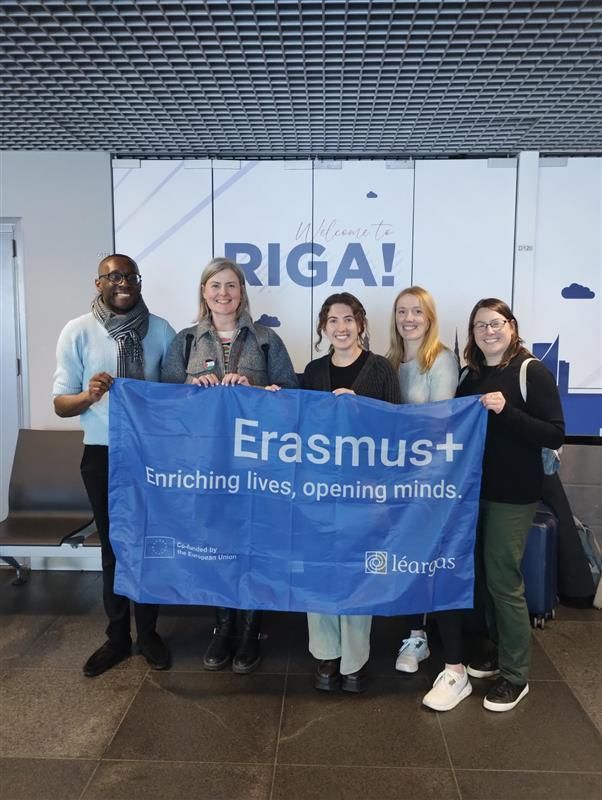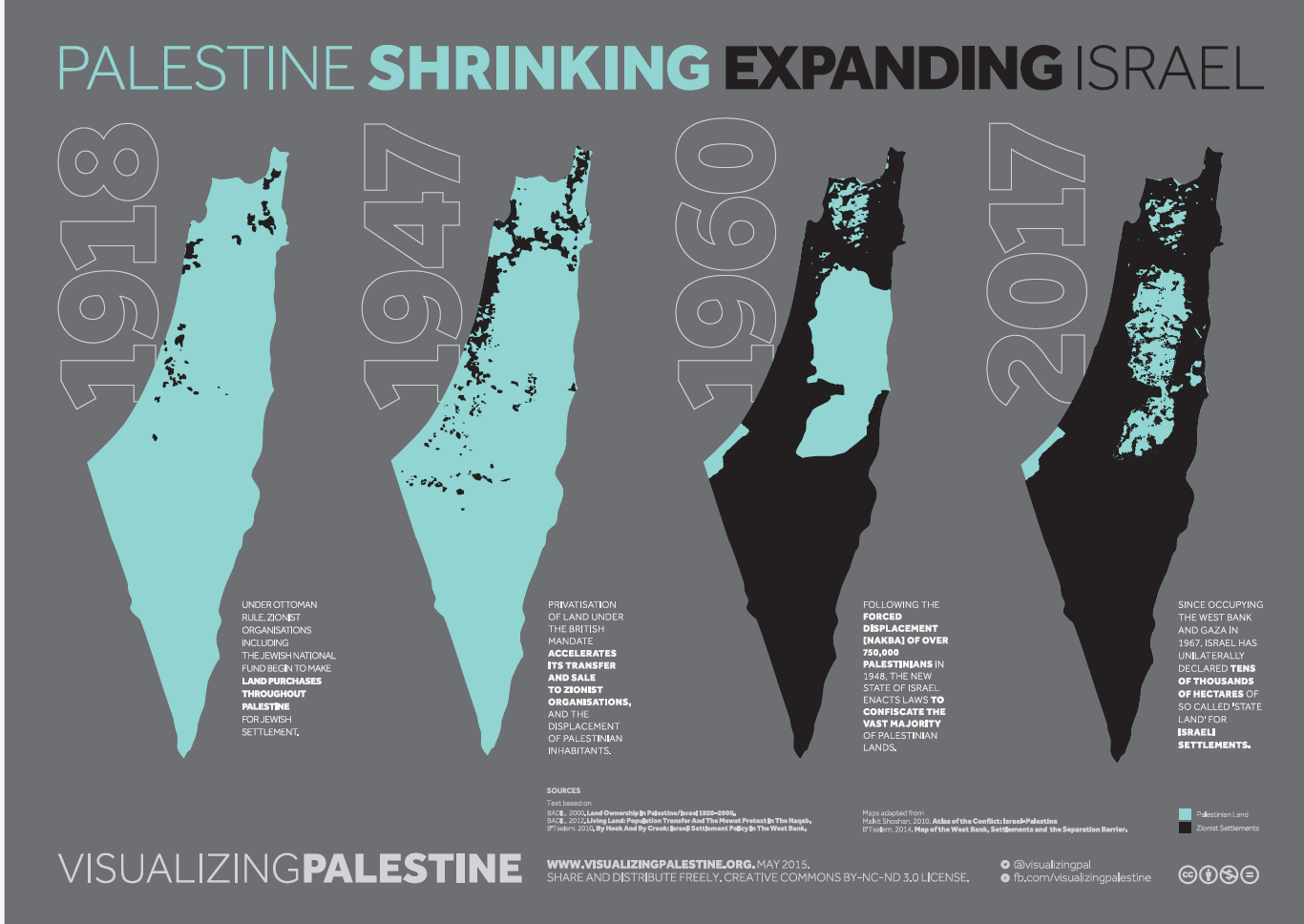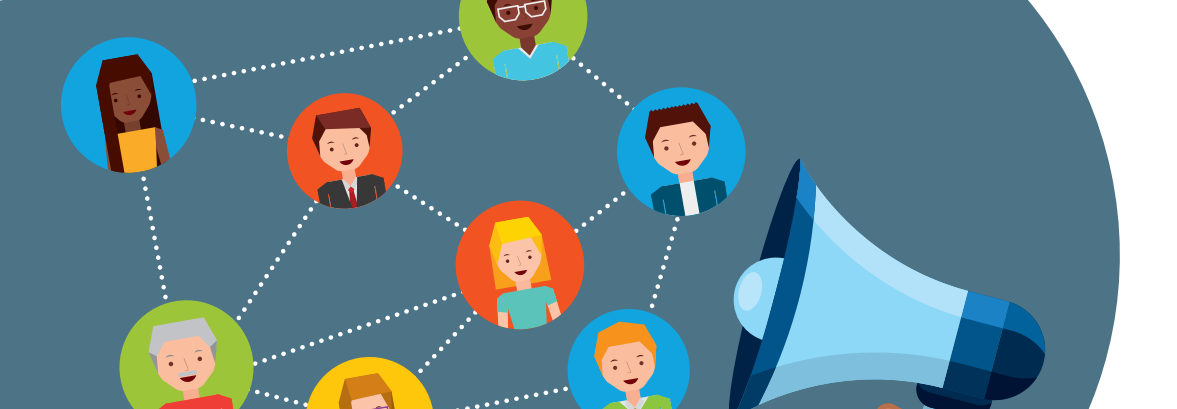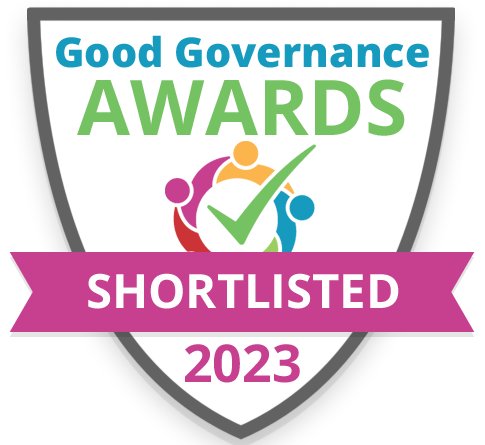Evaluating your Development Education online
Join us for Evaluating your Development Education online: a two-session training
Dates:
Wednesday 14 April, 10.00 -12.00 & Tuesday 20 April, 10.00 -12.00
Evaluation of participatory learning through online means is in its infancy but, as result of the pandemic, is likely to remain important. This online event will give you an opportunity to consider existing ideas and to develop new ideas for online evaluation of Development Education.
The training will be led by Harm-Jan Fricke, a Development Education/Global Citizenship Education project manager, evaluator and workshop facilitator. He has been involved in a range of DE projects and programmes, particularly through support for the EU DEAR Programme and its grant-funded projects.
The training involves two workshops and one task in-between sessions.
The first workshop (14 April) focuses on evaluation approaches that are useful in assessing the skills, the knowledge/understanding, or the behaviour and attitudes that Development Education projects want to affect. How can this be done online? This first workshop involves a mix of presentations and participant input of their experiences and ideas.
Before the second workshop, participants will be asked to do some homework: identifying a particular skill, or knowledge/understanding, or behaviour or attitude they would want to evaluate through online assessment.
The second workshop (20 April) will then involve presentation of further ideas for online evaluation. This will focus on participants considering in collaboration how the issues identified as part of the homework can be evaluated through online means.
Participants should be available to attend both sessions in full. A short pre-session survey will be sent to registered participants in advance of the training.
If you have any questions, please contact us.
Cost for IDEA members:
€20.00
Cost for non-members: €40.00
You can register below:

At the end of March, IDEA staff and representatives from three IDEA members travelled to Riga, Latvia, for a two-day event marking the launch of IDEA’s Erasmus+ project with our partner LAPAS (Latvian Platform for Development Cooperation) focused on the IDEA Code of Good Practice The project’s core objective is to enhance the quality of global citizenship education (GCE) at local , national and European levels. Central to this work is the creation of a Code of Good Practice for Latvia based on learning from the IDEA Code that will support Latvian GCE practitioners, including teachers, NGOs, youth workers and others, by fostering a common understanding and approach to GCE. This represents the first piloting of the IDEA Code in an international context. The new IDEA task group for the project, made up of Code members, alongside IDEA staff, are supporting LAPAS members to adapt the Code for the Latvian national context by sharing our own experiences and learnings from the Code and GCE in Ireland. The event in Riga was the first in-person gathering of the project, bringing together LAPAS and IDEA members. This face-to-face interaction allowed us to begin the process of knowledge exchange, and mutual learning which will spread the Code’s reach and strengthen our GCE practice. IDEA was represented in Riga by Dean Oke (CDYS (Cloyne Diocesan Youth Service), Georgina Eastaugh (Concern Worldwide) and Claire Glavey (Global Village), alongside IDEA staff Elaine and Aine.








